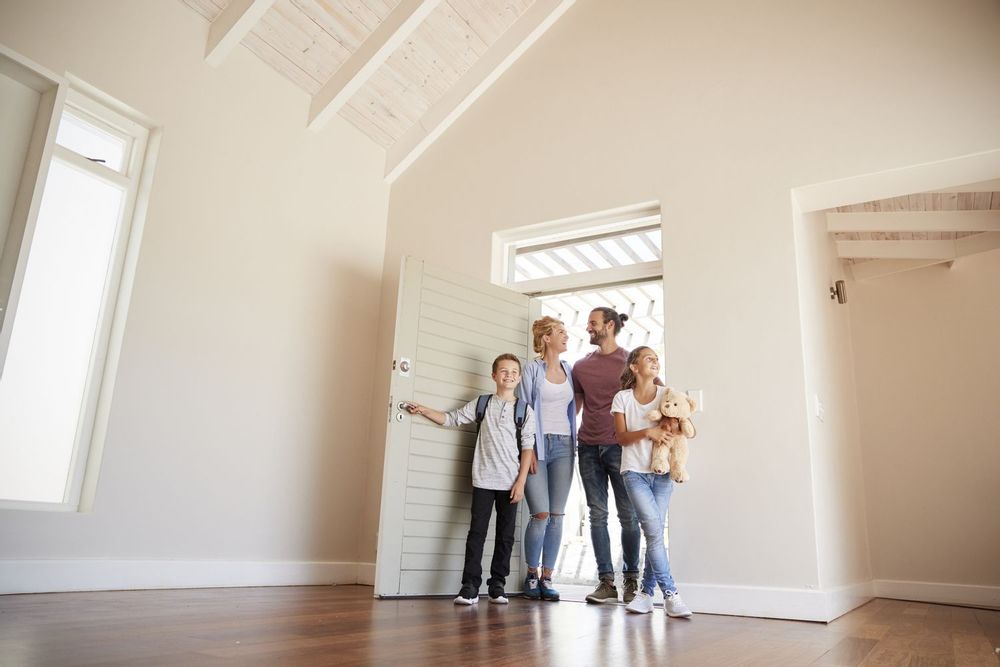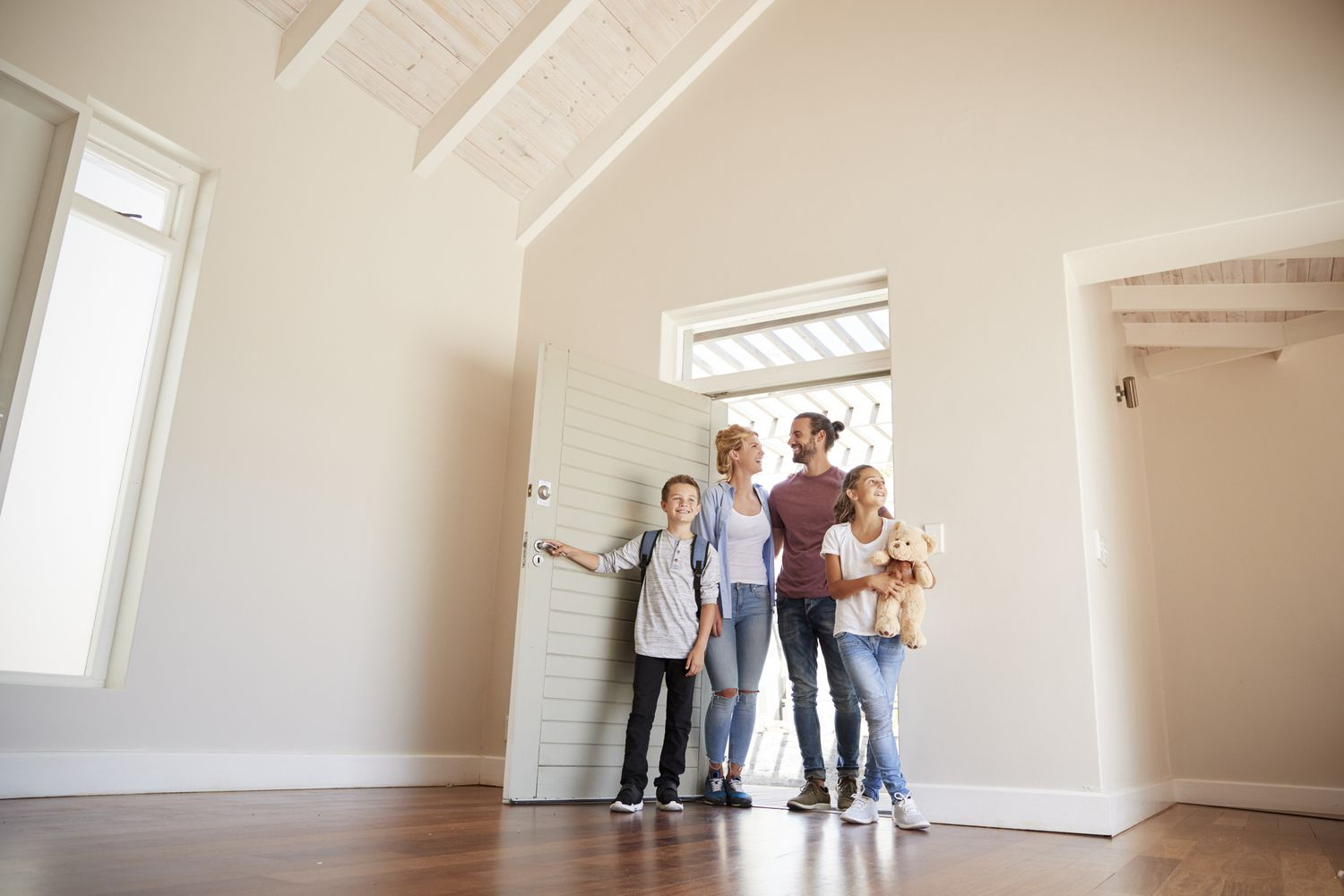Open houses offer a unique opportunity for potential homebuyers to explore properties in a relaxed and informal setting. To make the most of this opportunity, it's crucial to have a clear idea of what to look for. In this short guide, we'll walk you through essential considerations to help you make an informed decision when attending an open house.
1.First Impressions:
First impressions matter, and the exterior of a home sets the tone for what's inside. Take note of the property's kerb appeal – the landscaping, condition of the exterior, and overall aesthetics. Well-maintained exteriors often indicate a homeowner's pride in their property.
2. Structural Integrity:
As you step inside, pay close attention to the structural aspects of the house. Look for signs of water damage, cracks in the walls or ceilings, and uneven floors. Check if the doors and windows open and close smoothly, as these can be indicators of the home's overall condition.
3. Room Layout and Flow:
Consider the layout of each room and how it flows from one space to another. Visualise how your furniture might fit and imagine yourself living in the space. Assess the functionality of rooms and determine if the layout meets your lifestyle needs.
4. Natural Light and Ventilation:
Take note of the amount of natural light each room receives. Bright, well-lit spaces often create a more inviting atmosphere. Additionally, assess the ventilation in the home by opening windows and checking for drafts. Adequate natural light and ventilation contribute to a comfortable living environment.
5. Kitchen and Bathroom Features:
The kitchen and bathrooms are key areas in any home. Examine the condition of appliances, countertops, and cabinets in the kitchen. In bathrooms, check for signs of water damage, the functionality of fixtures, and overall cleanliness. Upgrading these areas can be costly, so it's essential to assess their condition carefully.
6. Storage Space:
Ample storage is a valuable asset in a home. Check the closets, cabinets, and other storage areas to ensure they meet your needs. Insufficient storage can lead to clutter, affecting your overall satisfaction with the property.
7. Energy Efficiency:
Ask about the home's energy efficiency features, such as insulation, windows, and appliances. Energy-efficient homes not only reduce utility costs but also contribute to a more sustainable and eco-friendly lifestyle.
8. Neighbourhood and Surroundings:
Beyond the property itself, consider the neighbourhood and surroundings. Take a stroll around the area to gauge the proximity to amenities, schools, parks, and public transportation. Assess the overall vibe and community atmosphere, as these factors can significantly impact your living experience. But most importantly, make sure you’ll have neighbours you can get along with!
By keeping all of these considerations in mind, you'll be better equipped to make an informed decision and find a home that aligns with your preferences and lifestyle. Happy house hunting!


